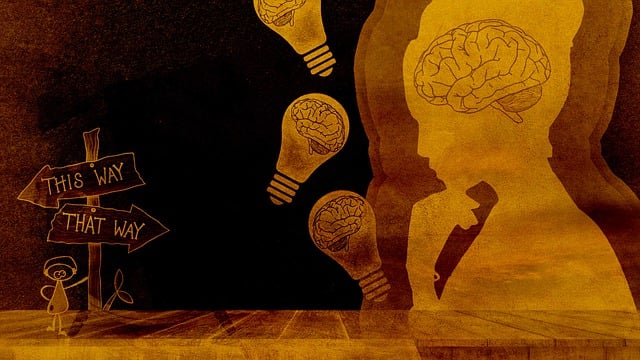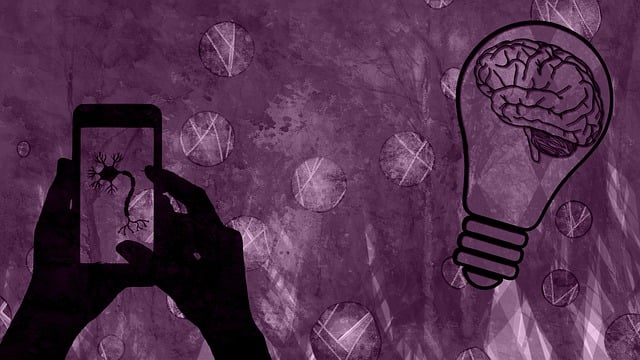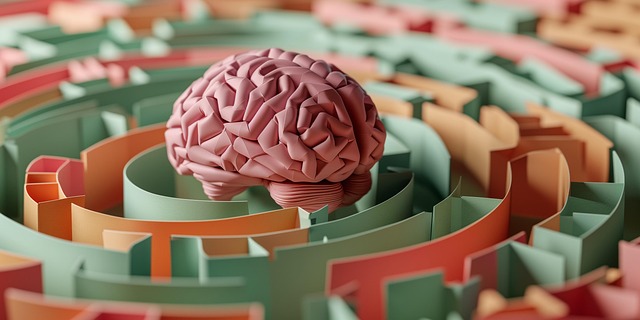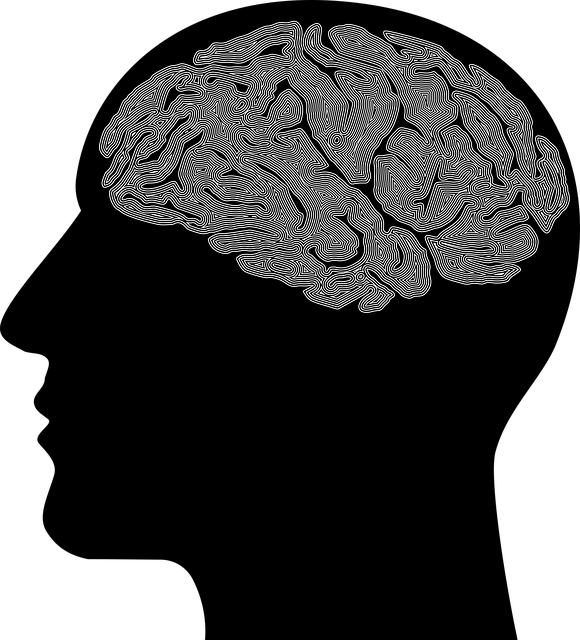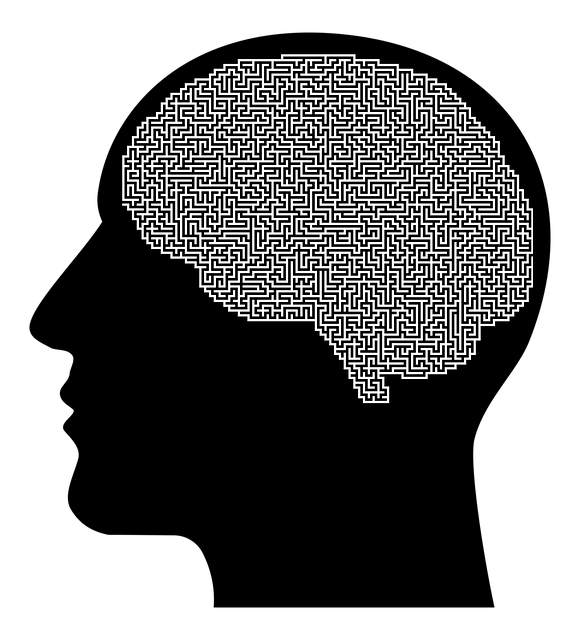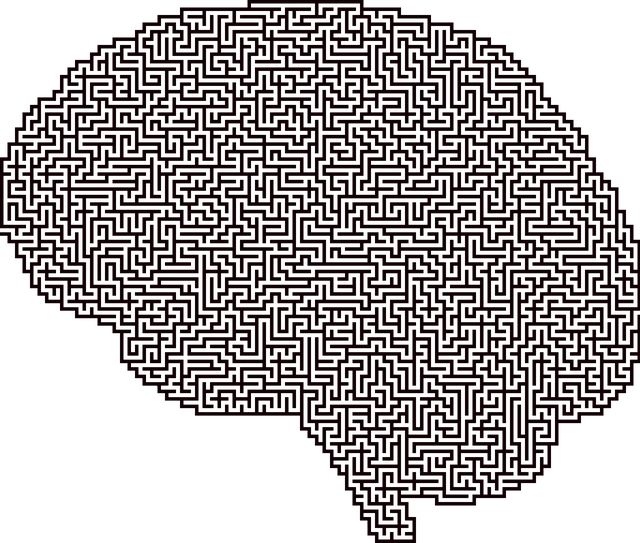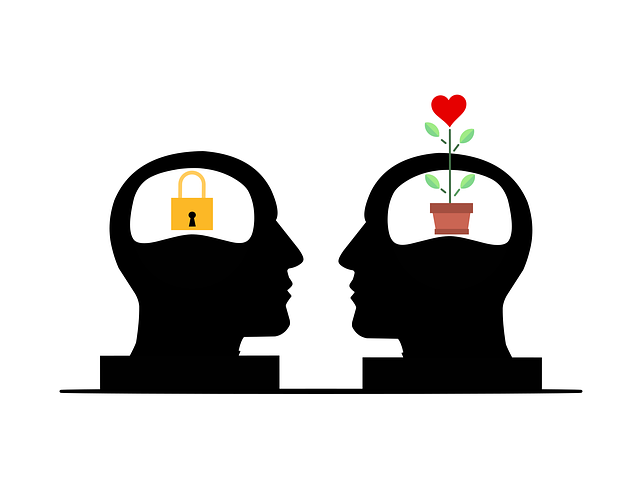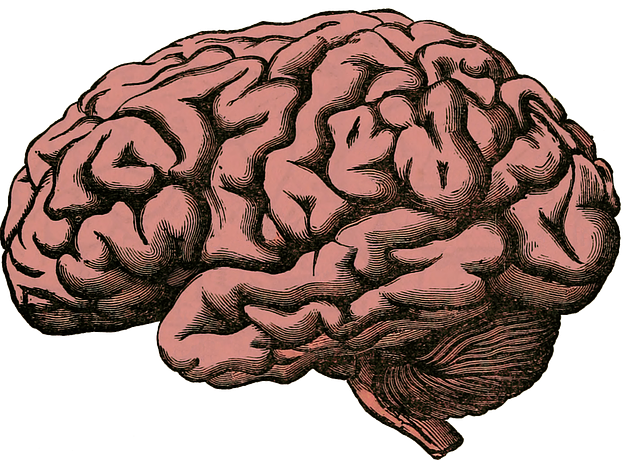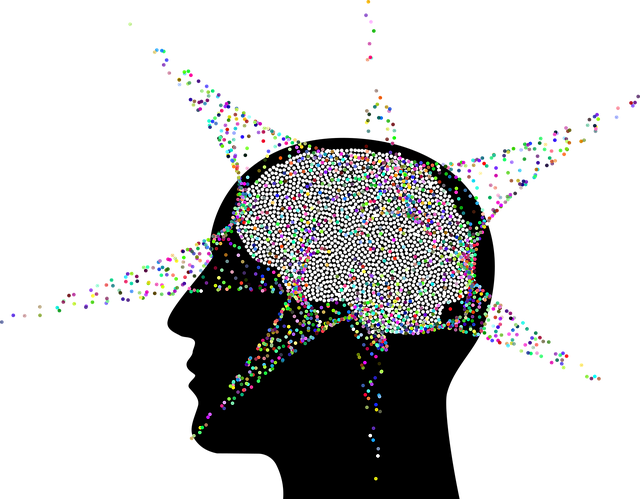Self-care is a transformative tool for individuals with Dissociative Disorder, as Golden Dissociative Disorder Therapy (GDDT) emphasizes. This novel therapy combines traditional and innovative practices, focusing on mindfulness and introspection to address dissociation. Key components include Mental Wellness Journaling and creative techniques that create a safe space for healing. Integrating self-care routines like structured rituals, exercise, and mindfulness into daily life, along with professional GDDT support, enhances coping abilities and promotes personal growth. Stress Management Workshops further equip individuals with effective stress management techniques.
Self-care is an essential practice for maintaining mental well-being, yet many struggle to integrate it into their daily lives. This article explores the transformative power of self-care and its profound impact on mental health. We delve into the innovative Golden Dissociative Disorder Therapy (GDDT), offering a unique perspective on healing. Additionally, we provide practical strategies for incorporating self-care routines, empowering individuals to navigate life’s challenges with resilience and improved mental health outcomes.
- Understanding Self-Care and Its Impact on Mental Health
- Exploring Golden Dissociative Disorder Therapy (GDDT): A Unique Approach
- Practical Strategies for Integrating Self-Care Routines into Daily Life
Understanding Self-Care and Its Impact on Mental Health

Self-care is an essential aspect of maintaining and improving mental health, offering a holistic approach to well-being. It involves recognizing and prioritizing one’s emotional, psychological, and physical needs, often facilitated by specific practices tailored to individual experiences. For individuals dealing with complex conditions like Dissociative Disorder, self-care becomes a powerful tool for healing and empowerment.
By incorporating empathy-building strategies and compassion cultivation practices, one can enhance their emotional well-being promotion techniques. These activities encourage mindfulness, self-acceptance, and healthy coping mechanisms. Golden Dissociative Disorder Therapy, for instance, emphasizes the importance of nurturing oneself through various therapeutic interventions, ensuring individuals feel heard, understood, and supported in their journey towards recovery and personal growth.
Exploring Golden Dissociative Disorder Therapy (GDDT): A Unique Approach

Golden Dissociative Disorder Therapy (GDDT) offers a unique and innovative approach to self-care practices, particularly for those dealing with dissociation and related mental health challenges. This therapy leverages the power of mindfulness and introspection to help individuals reconnect with their inner selves and promote mental wellness. By combining elements of traditional therapy with creative techniques, GDDT provides a safe space for exploration and healing.
One key aspect of GDDT involves Mental Wellness Journaling Exercise Guidance, encouraging clients to document their thoughts, emotions, and experiences. This practice not only enhances self-awareness but also serves as a powerful tool for depression prevention. Through guided exercises, individuals learn to navigate and manage dissociation, fostering better emotional regulation and overall mental wellness. The therapeutic journey in GDDT is meticulously crafted to transform dissociation into a catalyst for personal growth and resilience.
Practical Strategies for Integrating Self-Care Routines into Daily Life

Integrating self-care routines into daily life can be a transformative process, especially for individuals managing conditions like Dissociative Disorder. While professional support from therapists specializing in Golden Dissociative Disorder Therapy is vital, practical strategies can significantly enhance coping abilities. One effective approach is to establish structured rituals that prioritize well-being; this could include dedicated time for exercise, mindfulness practices, or creative pursuits, ensuring these become non-negotiable parts of your schedule.
Development of robust coping skills is another key strategy. Engaging in regular activities that foster relaxation and emotional balance, such as journaling, meditation, or spending time in nature, can provide much-needed respite from stressors. Moreover, participating in Stress Management Workshops organized by mental health organizations equips individuals with effective techniques to navigate challenging situations, promoting better stress management overall.
Self-care is a powerful tool for enhancing mental well-being, and as we’ve explored, Golden Dissociative Disorder Therapy offers a unique perspective on this journey. By incorporating practical strategies into daily routines, individuals can prioritize their mental health effectively. Whether it’s dedicated self-care practices or innovative therapeutic approaches like GDDT, the key lies in finding what works best for each person. Embracing these strategies paves the way for improved resilience, reduced stress, and a more fulfilling life.

